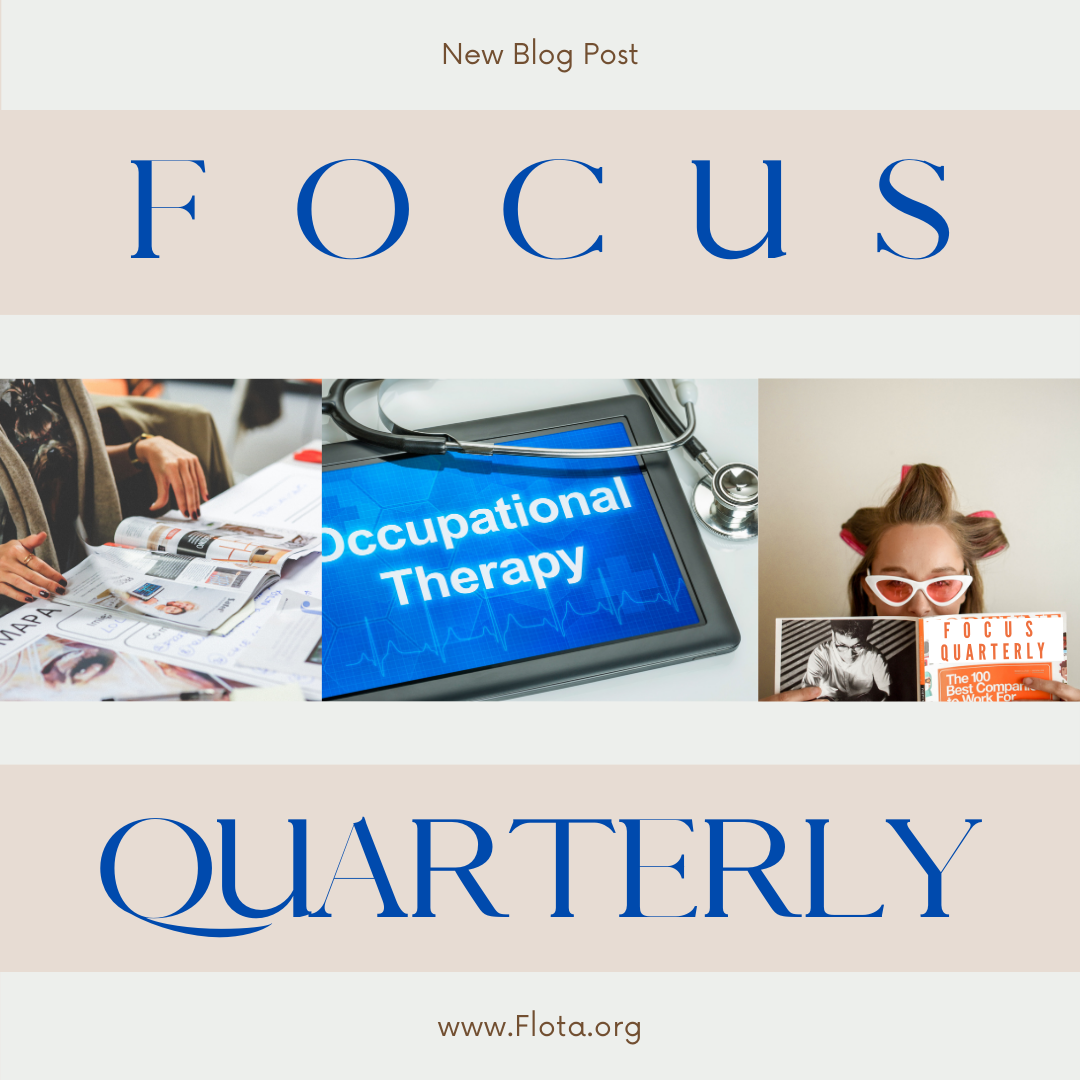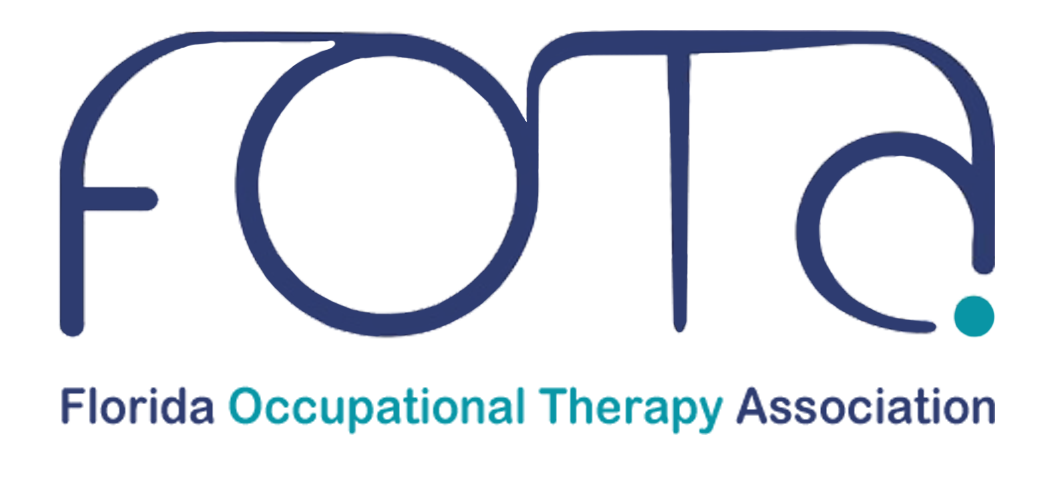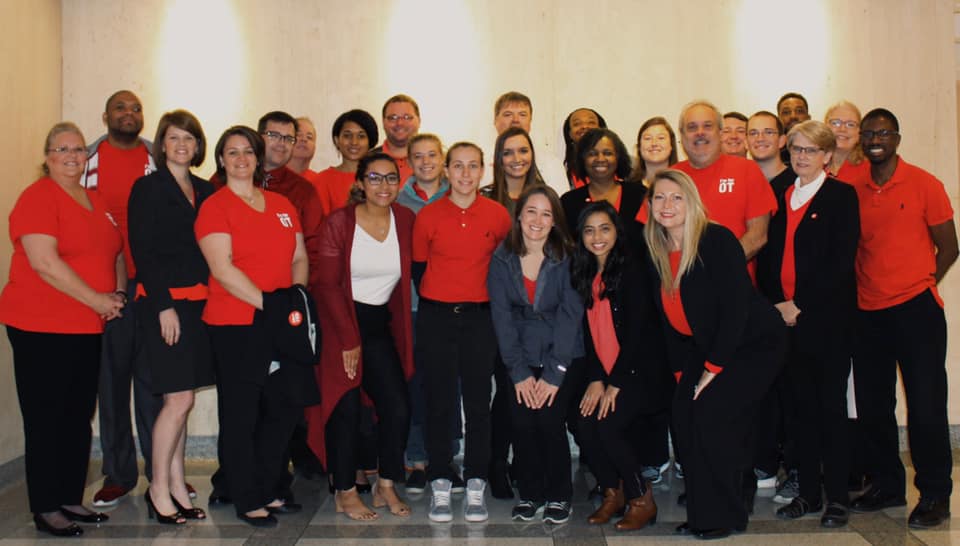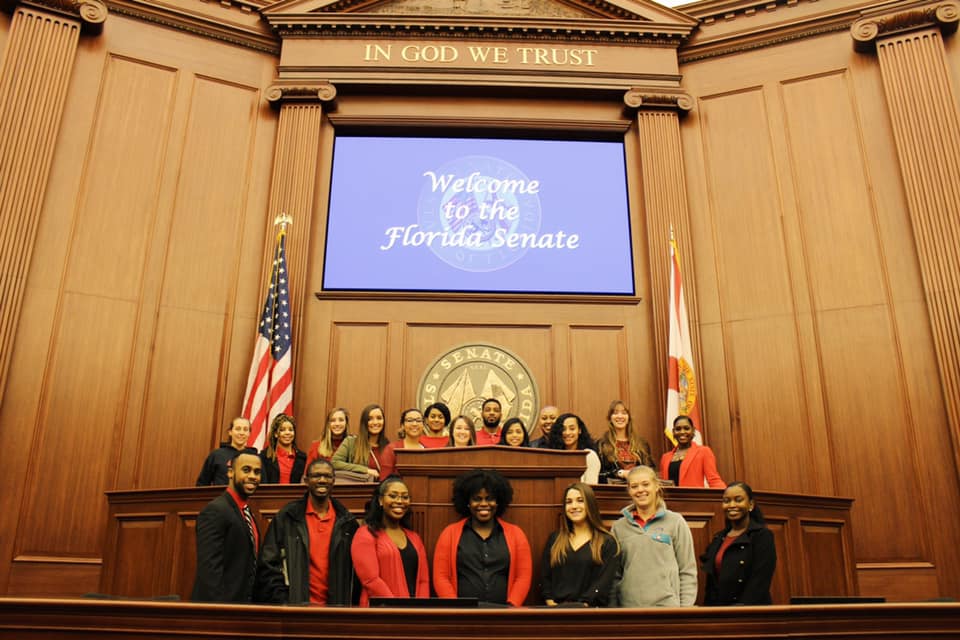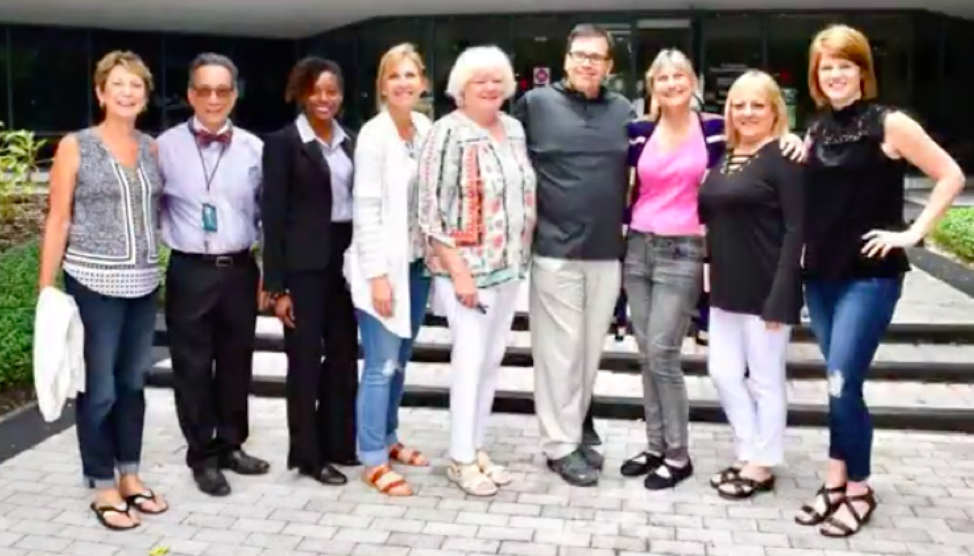 Use of ChatGPT and artificial intelligence (AI) in the Home and Community Health therapy setting
Use of ChatGPT and artificial intelligence (AI) in the Home and Community Health therapy settingAmanda Kotolski, Ph.D., OTR/L
Introduction
Artificial intelligence (AI) is quickly evolving and is now being used for everything from creating resumes or music lyrics to planning parties, writing code, and helping with travel plans. AI has also integrated itself into the medical and health-related fields, including occupational therapy practice. In occupational therapy (OT), we use assistive technology with prosthetics, splints, alternative and augmentative communication devices, and seating and mobility devices (Cortez, 2023). Therapists use virtual reality (VR) for stroke and traumatic brain injury (TBI) rehabilitation. The newest form of AI includes open AI platforms such as ChatGPT, Google Gemini, and Microsoft Copilot. These are "computing systems that are able to engage in human-like processes such as learning, adapting, synthesizing, self-correction, and use of data for complex processing tasks."
ChatGPT: An Overview
ChatGPT stands for Chat Generative Pretrained Transformer. It is an interactive chatbot that answers questions in a human-like way. It was developed and launched by OpenAI, an artificial intelligence research organization, in late November 2022 (Gadkari, 2023). It became instantly popular, with 1 million users signing up within 5 days (Nguyen, 2022). When asking ChatGPT, "What is ChatGPT?" it responded, "I’m ChatGPT, an AI language model created by OpenAI. I’m here to help with answering questions, providing explanations, brainstorming ideas, writing content, coding, or assisting with various tasks." Regarding occupational therapy, this technology has benefits for both the client and therapist.
Benefits of AI in Occupational Therapy
Artificial intelligence, primarily open AI programs like ChatGPT, can assist therapists with symptom checking, education on diseases and conditions, medical documentation, clinical decision-making using data, and providing mental health support (Hinge Health, 2023). It assists clients by providing additional information regarding therapists’ recommendations, answering questions about specific diagnoses, symptoms, and treatment plans, providing instructions on how to perform exercises, offering motivational messages and encouragement to help stay on track between appointments, tracking progress by asking questions about symptoms, pain level, and range of motion, and sending reminders to complete exercises and schedule and attend appointments. With all technology, there are pros and cons to using it.
Pros and Cons of AI in Therapy
Pros include saving time analyzing research and information, efficiency, conversational nature without medical jargon, and potential to encourage clients too shy to seek professional help. However, open AI is not HIPAA compliant, lacks context, and answers may not be applicable to a client’s specific situation. It has vast amounts of information on topics but responses may not be as accurate or comprehensive as those provided by a medical professional. It often cannot cite sources of where information was gathered and will acknowledge its inability to do so, lacks a human touch and cannot provide hands-on experience for learning certain skills, and can provide biased information based on research, and is unable to think outside the box to tailor recommendations to personal situations (Gadkari, 2023; Hinge Health, 2023).
Practical Uses for Practitioners
For practitioners, ChatGPT has many practical uses. For therapists who do not have immediate colleagues, it can provide a discussion or conversation to brainstorm ideas (Schwartz, 2024). It can adapt and has multiple prompts to help rewrite and edit, generate medical documentation like long- and short-term goals, progress notes, treatment plans, treatment session notes, and discharge summaries, making the therapist more productive. After inputting data about interests and abilities, ChatGPT can suggest appropriate interventions, saving therapist time with treatment planning and increasing client motivation during treatment. While therapists already spend considerable time gathering and creating home exercise programs (HEPs), open AI can develop personalized HEPs instead of recycling programs or photocopying pre-printed worksheets (Cortez, 2023). ChatGPT can also assist with locating the latest information and research for therapists to provide best practice.
Impact on Higher Education
Open AI also affects higher education, including OT students and faculty. Research shows that ChatGPT use among students can enhance classroom performance through interactive help, self-directed learning, real-time feedback, accessibility, convenience, and flexible learning opportunities (Firat, 2023; Sallam, 2023). ChatGPT can also complete systematic reviews, create data and content, and provide language translation of non-English language-based research, assisting and promoting academic equity and diversity (Lund & Wang, 2023). Open AI does not have unlimited boundaries. Research has found that it often provides inaccurate information, citations, and references, even though it visually looks credible. Content is also limited to data used prior to 2021 due to its data being used in training and development of the coding (Alkaissi & McFarlane, 2023; Khan et al., 2023; Sallam, 2023).
Concerns and Challenges
Plagiarism, research fraud, academic dishonesty, and copyright issues are major concerns with open AI (Thacker, Mason, & Weir, 2024). Academic dishonesty is a major challenge in higher education. With open AI providing individualized feedback, students can have open AI draft papers and answer open-ended questions without the professor’s knowledge. At this time, plagiarism detectors are unable to determine if assignments were created using ChatGPT since there are no documented sources (Thacker, Mason, & Weir, 2024). If a student only uses ChatGPT for assignments, it will ultimately harm them when it comes to passing state licensure and NBCOT exams since course materials were never truly learned and applied. An apparent example of ChatGPT intelligence is provided by Kung et al. (2023), who found that ChatGPT performed at or near the passing threshold of 60%, approximately at the level of a first-year medical resident, on the United States Medical Licensing Exam. Clear guidelines and consequences of open AI use among higher education courses are critical to prevent academic dishonesty.
Conclusion
Therapists should embrace the new technology and adapt it to fit their professional needs while using their clinical decision-making and judgment. As Mesko and colleagues (2018) put it, "AI is not meant to replace medical professionals, but the ones using AI will probably replace the ones that don’t."
Alkaissi , H., & McFarlane, S. I. (2023). Artificial hallucinations in ChatGPT: Implications in
scientific writing. Cureus, 15(2), 1–6. https://doi.org/10.7759/cureus.35179
Firat, M. (2023, January 12). How Chat GPT can transform autodidactic experiences and open
Gadkari, S. (July 2023). The advent of artificial intelligence: OT and ChatGPT. Retrieved from
Hinge Health. (May 15, 2023). ChatGPT and Physical Therapy: What You Need to Know.
Khan, R. A., Jawaid, M., Khan, A. R., & Sajjad, M. (2023). ChatGPT—Reshaping medical
education and clinical management. Pakistan Journal of Medical Sciences, 39, 605–607.https://doi.org/10.12669/pjms.39.2.7653
Kung, T. H., Cheatham, M., Medenilla, A., Sillos, C., De Leon, L., Elepaño, C., … Tseng, V.
Lund, B. D., & Wang, T. (2023). Chatting about ChatGPT: How may AI and GPT impact
Mesko, B., Hetenyi, G., & Gyorffy, Z. (2018). Will artificial intelligence solve the human
resource crisis in healthcare? BMC Health Services Research, 18(1), 1–4. https://doi.org/10.1186/s12913-018-3359-4
Nguyen, B. (2022, Dec 5). A new AI chatbot is getting buzz for being able to have intelligent-sounding conversations, write music and even code. Business Insider.https://www.businessinsider.com/chatgpt-new-ai-chatbot-conversation-with-questions-answers-examples-2022-12
Sallam, M. (2023). ChatGPT utility in healthcare education, research, and practice: Systematic review on the promising perspectives and valid concerns. Healthcare 2023, 11, 1–20.http://doi.org/10.3390/healthcare11060887
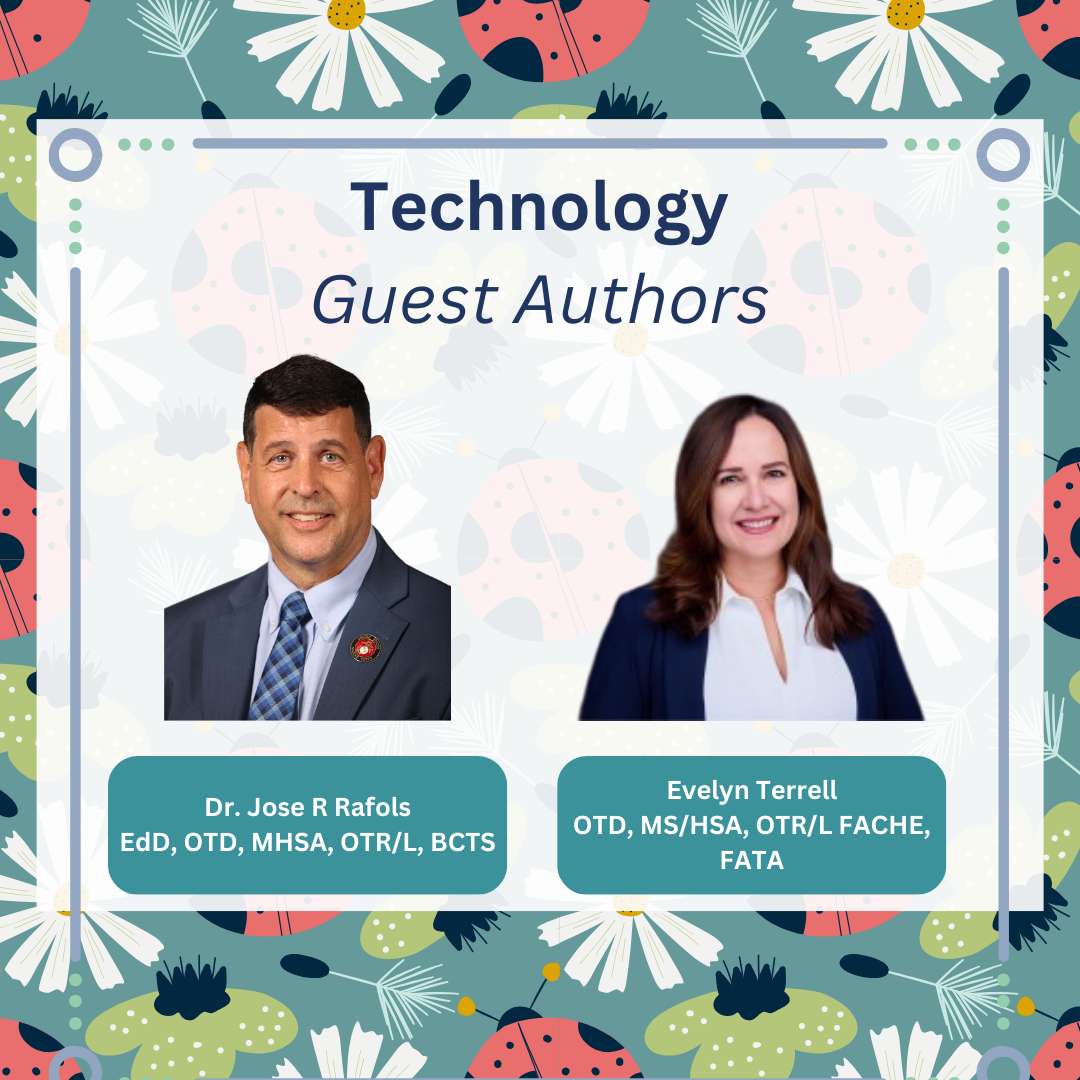 Leveraging Artificial Intelligence and Technological Advancements to Enhance Efficiency, Quality, and Patient Outcomes in Occupational Therapy
Leveraging Artificial Intelligence and Technological Advancements to Enhance Efficiency, Quality, and Patient Outcomes in Occupational Therapy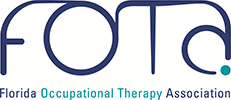



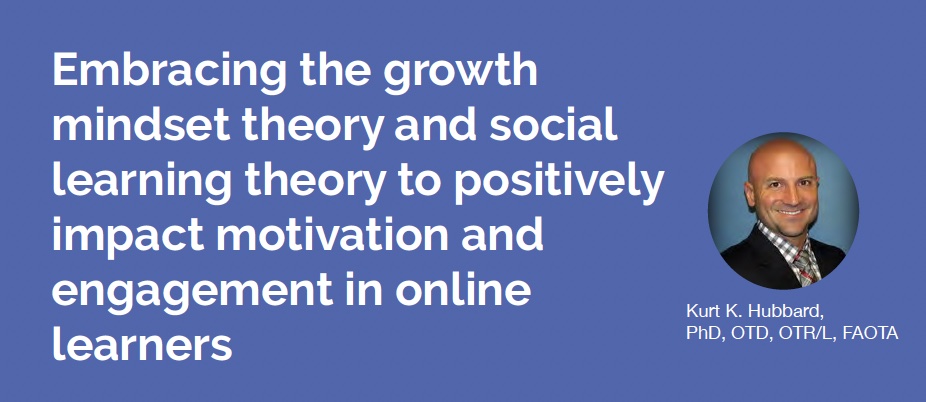
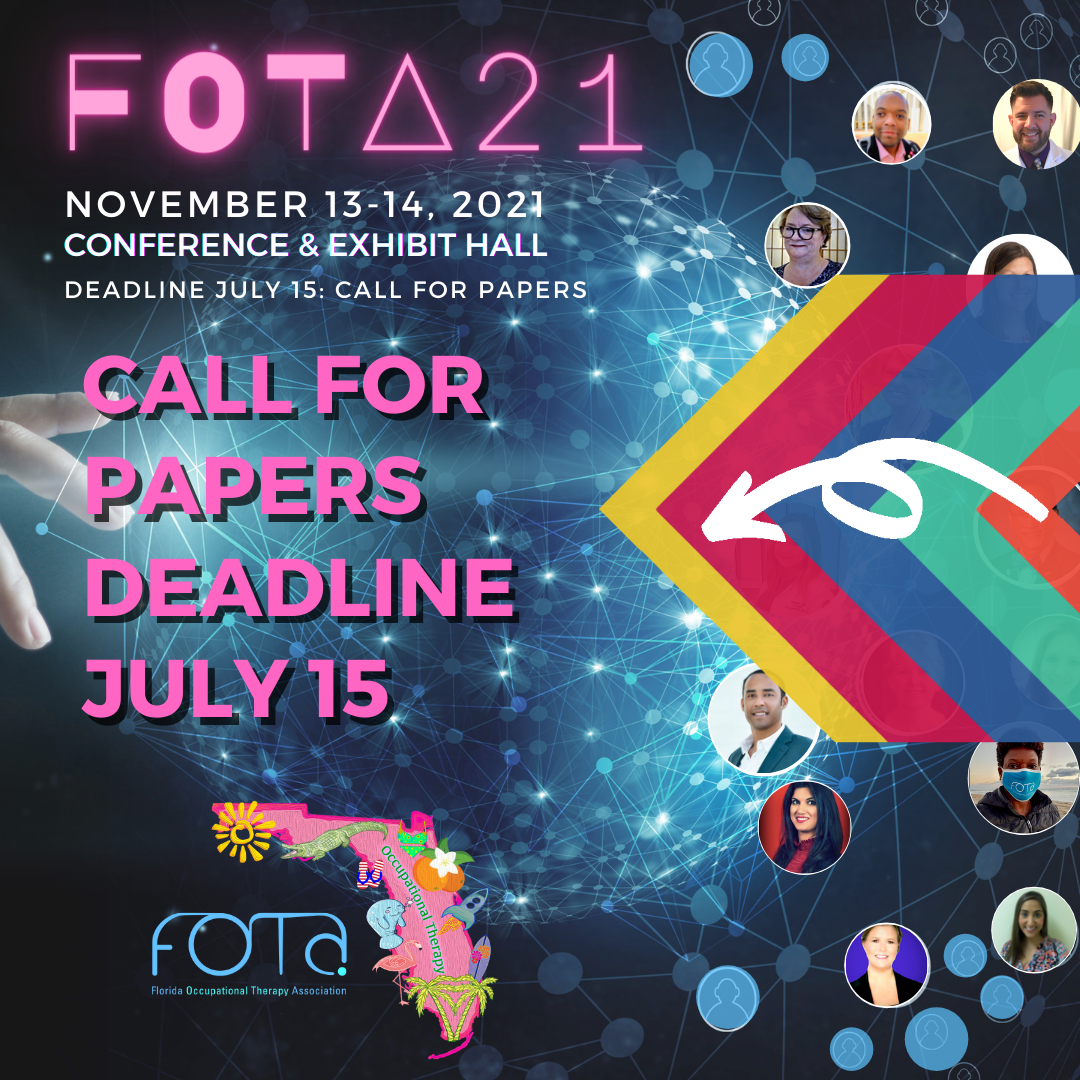 FOTA21 Conference: Student Poster Submissions
FOTA21 Conference: Student Poster Submissions